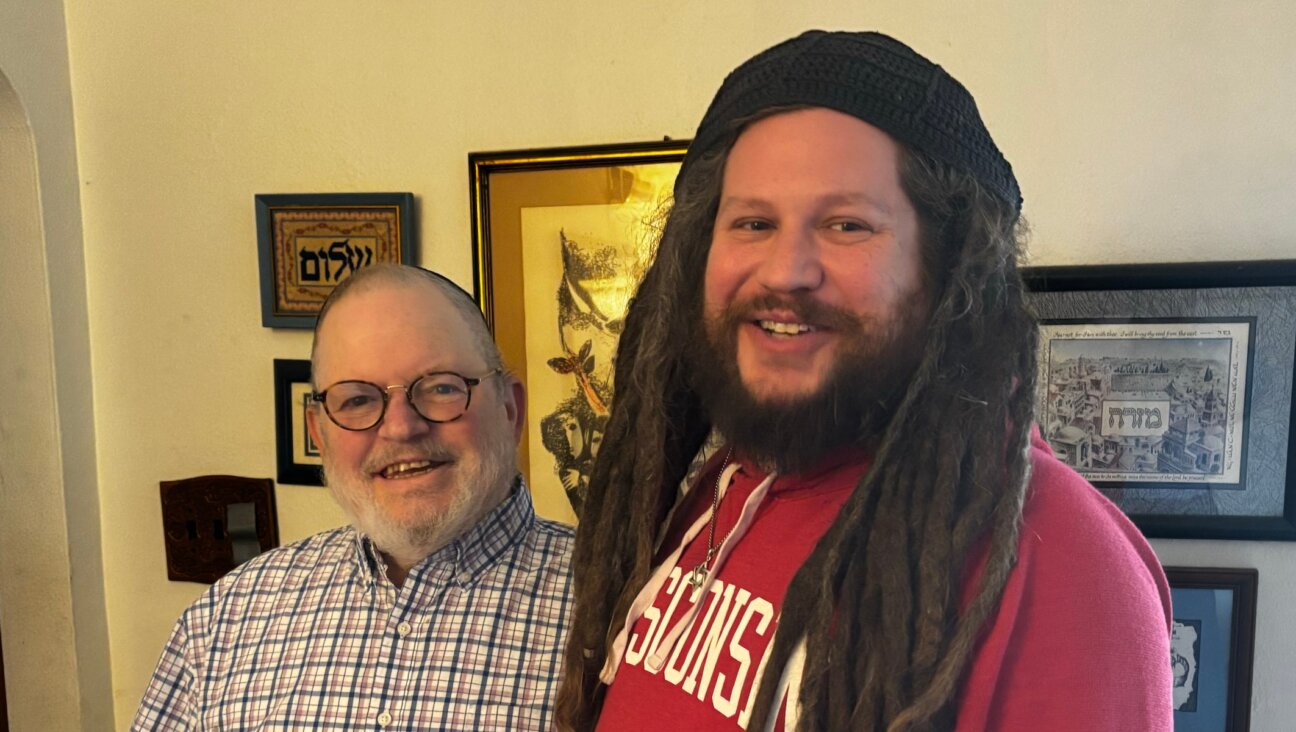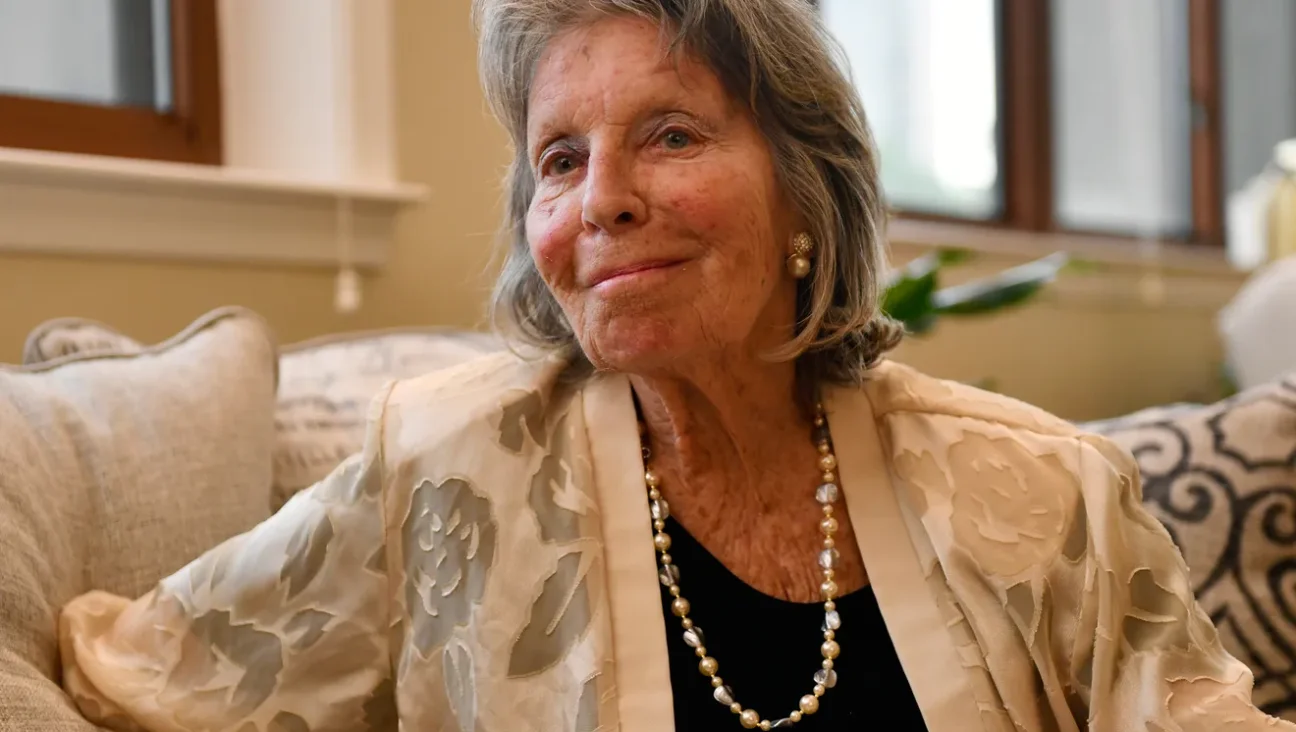Doomed Woman Wrote Letter Moments Before Being Murdered In Auschwitz. Now We Can Read It.

Image by getty images
An Indianapolis man avoided for decades reading the letter his mother wrote moments before she entered an Auschwitz gas chamber — but now it is displayed in the United States Holocaust Memorial Museum in Washington, D.C.
Frank Grunwald, 85, survived the Holocaust. His mother Vilma and his disabled brother had a different fate. Moments before her murder, Vilma wrote a letter to her husband. She handed the note to a Nazi guard — unexpectedly, the guard personally delivered it to her husband, Kurt.
“I was scared of the letter,” Grunwald told Indy Star. “I was curious about the letter,” he said, “but at the same time afraid, I think, for its sadness.”
Grunwald was 11 when the war ended. His father told him about the letter right away — but it wasn’t until Kurt’s death in 1967 that Grunwad worked up the courage to read the 10 sentences scribbled on paper.
“The paper had turned yellow. I saw it and knew what it was right away. I recognized my mother’s handwriting,” he said, adding, “there’s not a word of anger or hatred or resentment or bitterness against the Nazis. It’s all focused on my father and me, on the future.”
For two decades, Grunwald reportedly showed the letter to no one, not even his wife Barbara. But four years ago, he gave it to the Holocaust Museum.
“I thought, ‘Why not expose it so that others can see it?’” he said. “One of my biggest concerns has always been, ‘Once I’m gone, who will remember my mother?’ Now I believe that fear is neutralized.”
“I’m always reluctant to say it’s the only such document ever created,” the museum’s chief acquisitions curator told Indy Star, “but to the best of our knowledge it is — it is the only one we have ever seen. Auschwitz, in the moments before gassing. In the extermination camps it was almost impossible to write material that was preserved.”
The letter read:
“You, my only one, dearest, in isolation we are waiting for darkness. We considered the possibility of hiding but decided not to do it since we felt it would be hopeless. The famous trucks are already here and we are waiting for it to begin. I am completely calm. You — my only and dearest one, do not blame yourself for what happened, it was our destiny. We did what we could. Stay healthy and remember my words that time will heal — if not completely — then — at least partially. Take care of the little golden boy and don’t spoil him too much with your love. Both of you — stay healthy, my dear ones. I will be thinking of you and Misa. Have a fabulous life, we must board the trucks.
“Into eternity, Vilma.”
Over 40 million people have visited the museum, which celebrates its 25th anniversary this week.
Contact Haley Cohen at [email protected]
A message from our Publisher & CEO Rachel Fishman Feddersen

I hope you appreciated this article. Before you go, I’d like to ask you to please support the Forward’s award-winning, nonprofit journalism so that we can be prepared for whatever news 2025 brings.
At a time when other newsrooms are closing or cutting back, the Forward has removed its paywall and invested additional resources to report on the ground from Israel and around the U.S. on the impact of the war, rising antisemitism and polarized discourse.
Readers like you make it all possible. Support our work by becoming a Forward Member and connect with our journalism and your community.
— Rachel Fishman Feddersen, Publisher and CEO






















